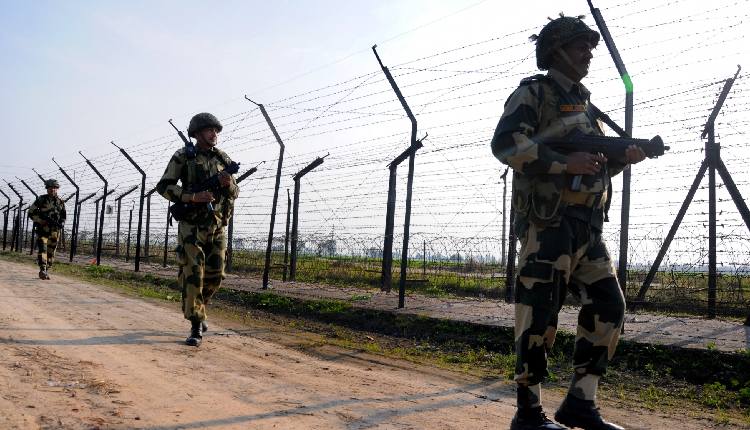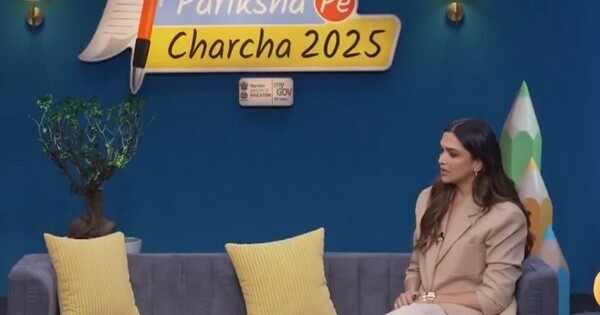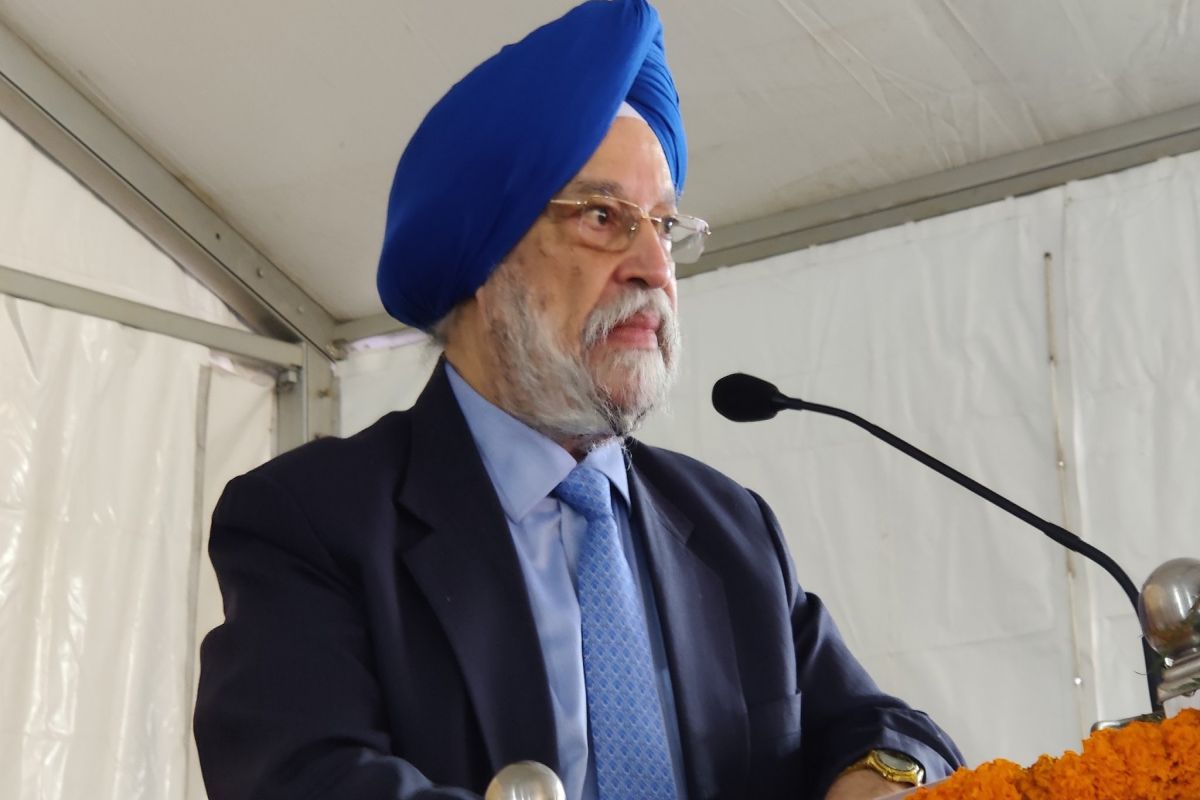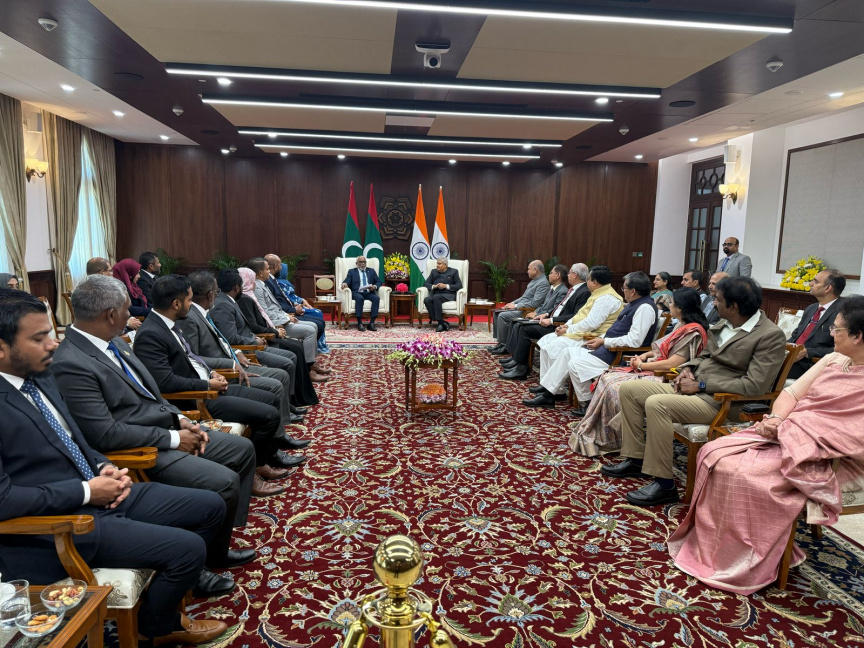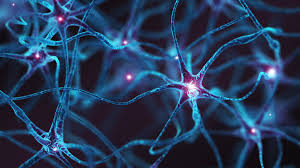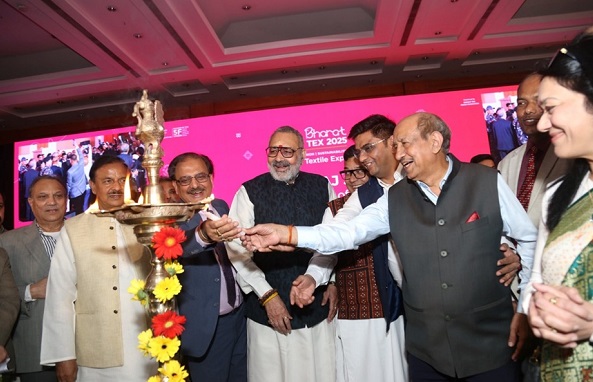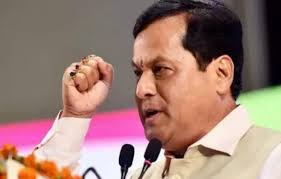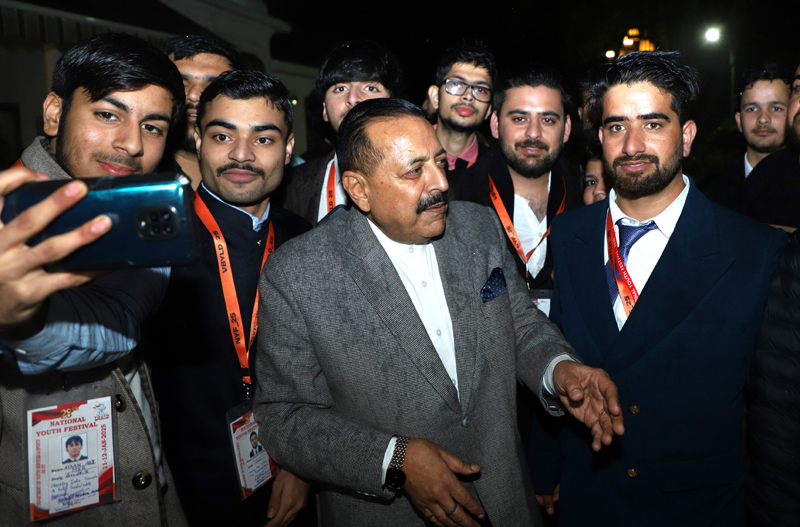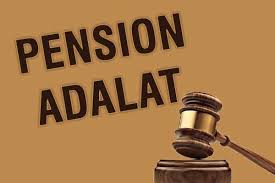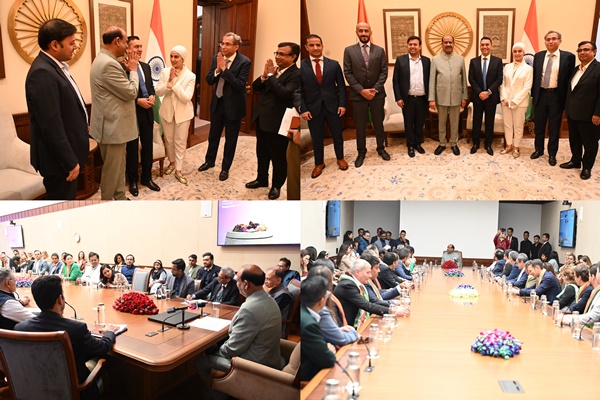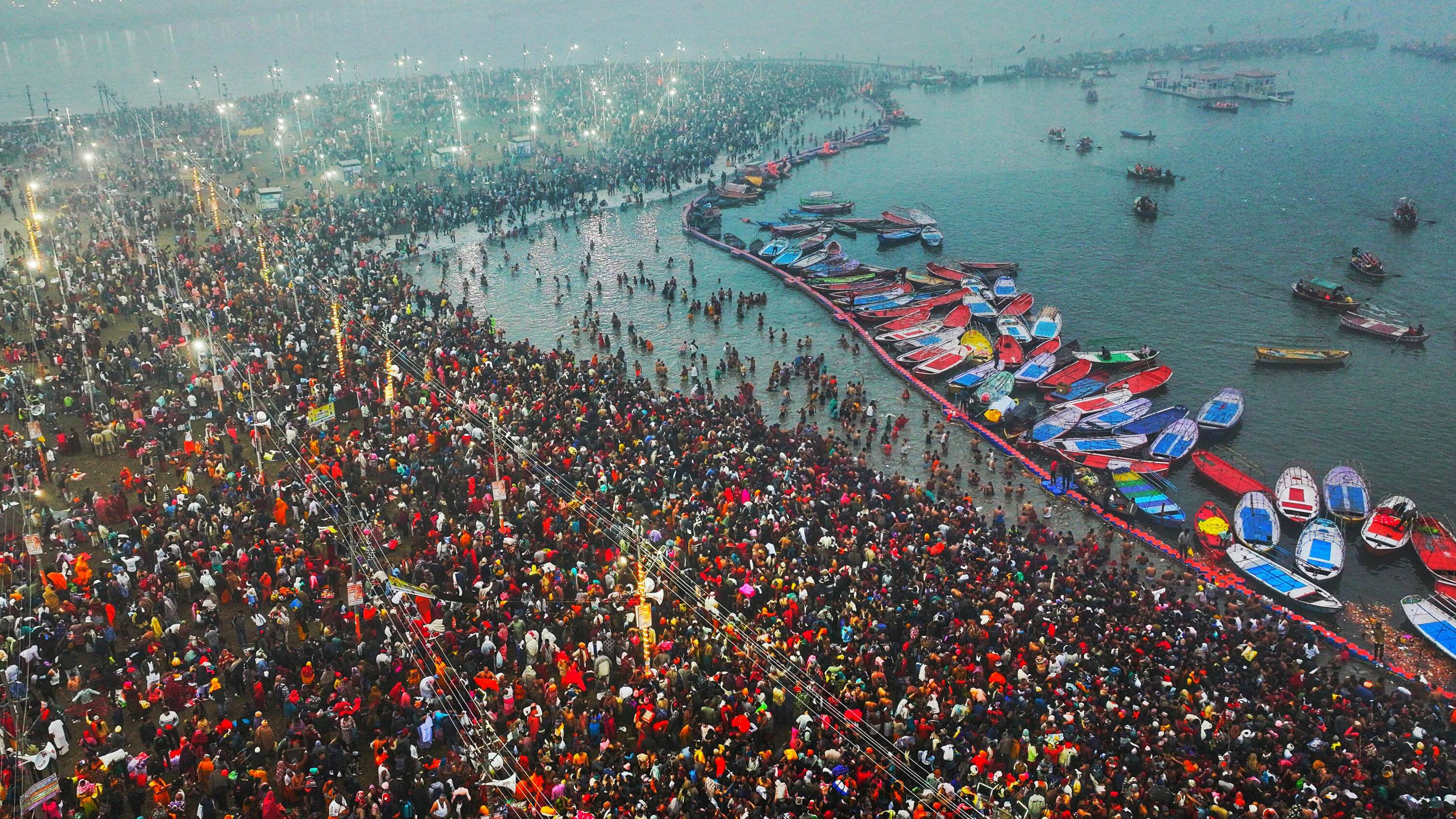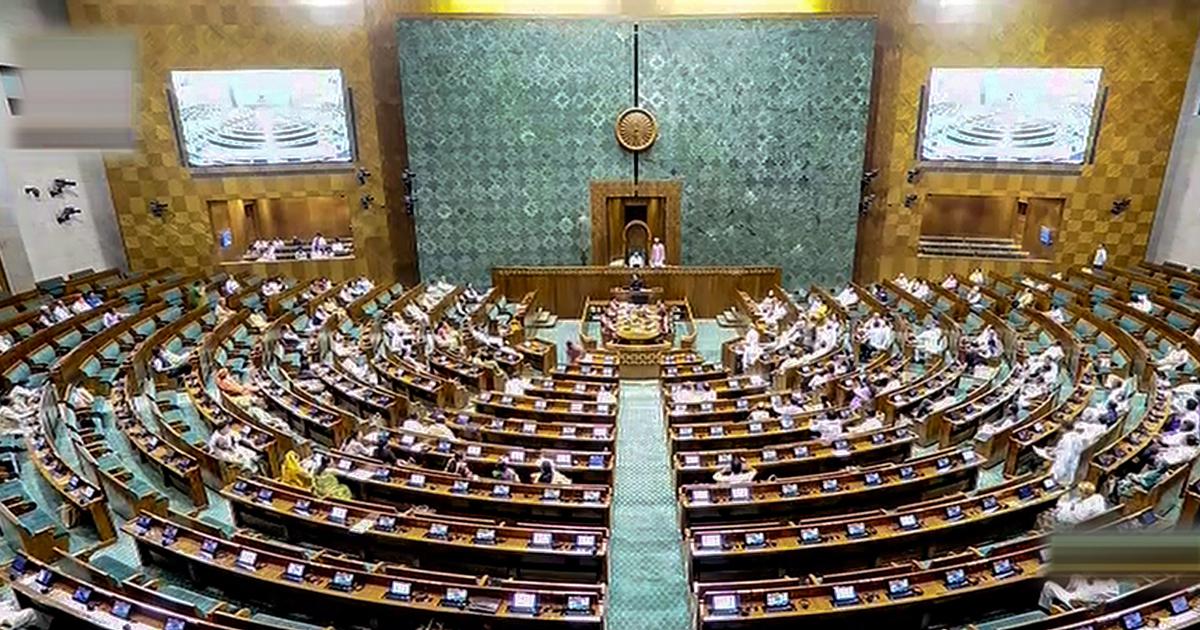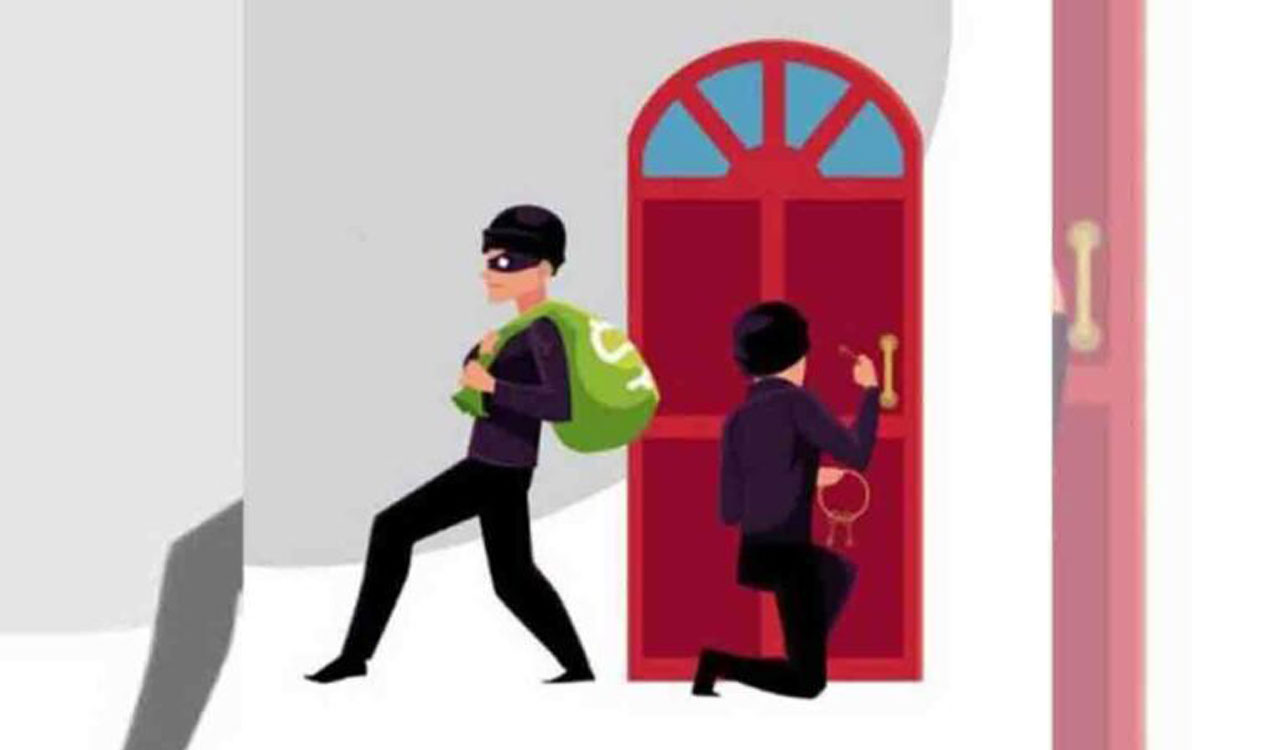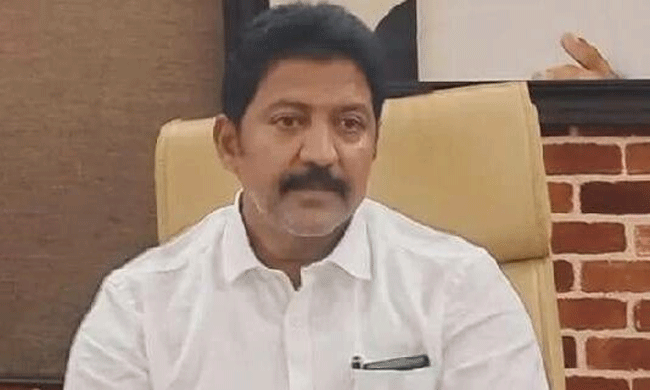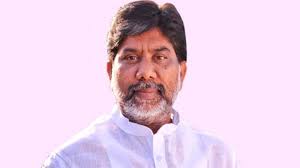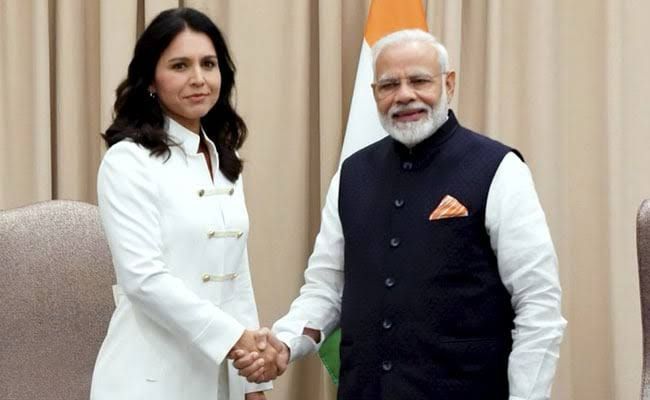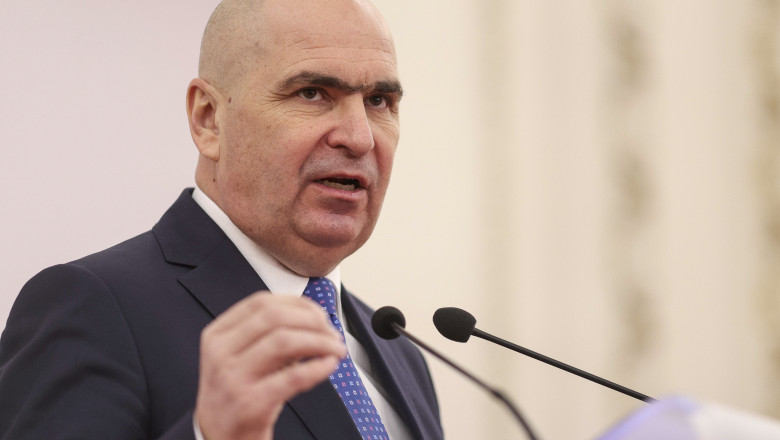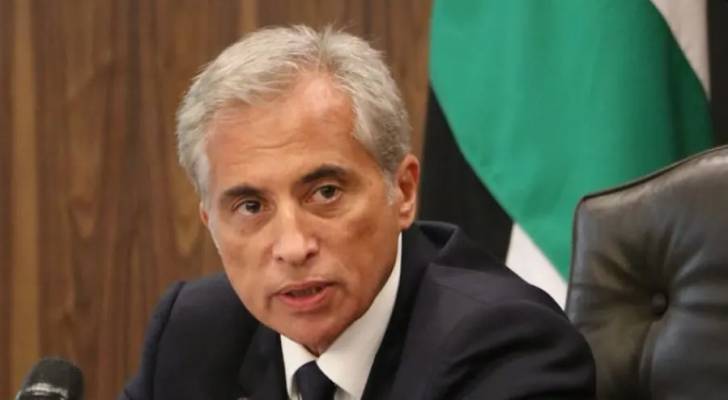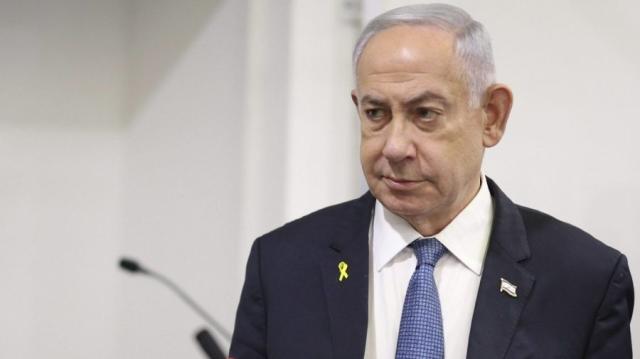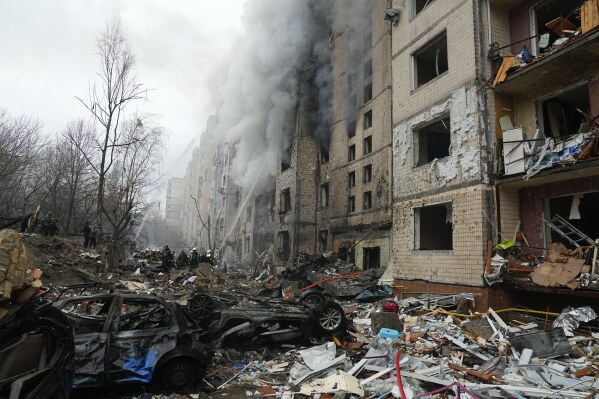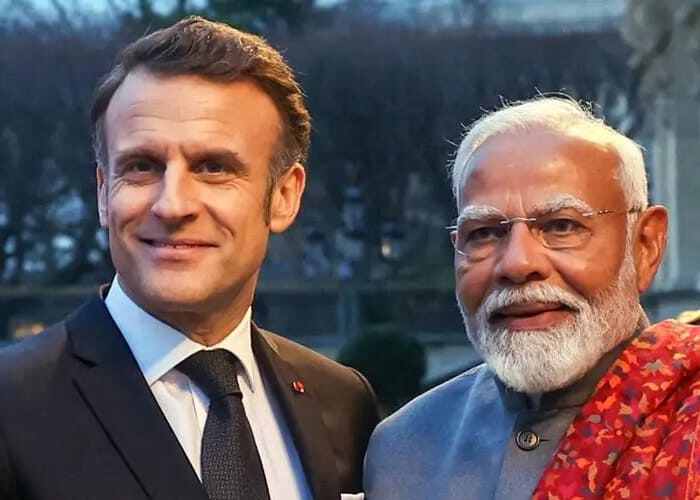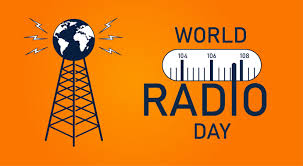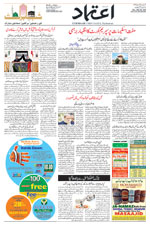With CAA, NRC dominating 2019, Mukhtar Abbas Naqvi says constitutional rights of Muslims safe
Mon 30 Dec 2019, 16:36:02

Muslims need not worry about any law and their religious and constitutional rights are absolutely safe, says Minority Affairs Minister Mukhtar Abbas Naqvi as 2019 saw a lot of debate on whether the community will be affected by the new citizenship law and a possible NRC.
He asserts that truth will prevail in the wake of "bogus" propaganda by some political parties on the amended Citizenship Act and the NRC.
Naqvi's assurance to Muslims comes at a time when the focus is on them due to the Citizenship Amendment Act (CAA), the National Population Register (NPR) and the proposed National Register for Citizens (NRC) which the Opposition and several people have alleged are discriminatory against the community.
"The Muslims are living in India not by compulsion but by commitment. Their social, economic, religious and constitutional rights are absolutely safe and secure," Naqvi told PTI.
The DNA of India and Indians is tolerance and harmony, he says.
"Muslims have nothing to worry. The Prime Minister gave poor people, including scores of Muslims, houses of their own and electricity in their homes. Can he render them homeless," he asks.
Muslims need not worry about any law and guard against misleading information being spread by certain elements, he says.
"This barrier created by bogus bashing by some political parties on the citizenship act, NRC and other issues will be broken and truth will prevail," he asserts.
Besides CAA, the NPR and the proposed NRC, the triple talaq issue also dominated the discourse this year which saw Houses of Parliament giving its nod to it.
The triple talaq law saw Muslims condemn the practice even if there was a debate on whether there was a need for criminalising the act. But the CAA, the NPR and possibility of NRC, brought the Muslims on the streets fearing discrimination and downgrading of their constitutional rights.
However, it was not just controversy that dominated the year for minorities and educational empowerment, madrassa modernisation, skill development, and digitisation of the Haj process were also the buzzwords when it came to the Minority Affairs Ministry's focus in 2019.
The ministry focussed on educational empowerment of minorities, especially Muslim girls, and job-oriented skill development of youths belonging to minority communities, a ministry statement said.
More than 80 lakh students from six notified Minority communities -- Jain, Parsi, Buddhist, Christian, Sikh and Muslim -- have been sanctioned pre-matric, post matric, merit-cum-means and other scholarships in first six months of the Modi government 2.0, it said.
The Ministry provided “Begum Hazrat Mahal girls scholarships” to 3 lakh economically backward girls belonging to the
minority communities.
minority communities.
On modernisation of madrassas, Naqvi earlier said that besides traditional teaching, madrassa teachers are also being provided training for mainstream formal education like Hindi, maths, English, science, computer, regional languages etc.
These teachers are being provided training from reputed institutions of the country such as IIT, Aligarh Muslim University, Jamia Millia Islamia, Jamia Hamdard, he had said.
Skill development was another priority area for the ministry with more than 1,25,000 youths belonging to minority communities provided job-oriented skill development training through various schemes such as 'Gharib Nawaz Employment Scheme', 'Seekho aur Kamao', 'Nai Manzil', 'Usttad' and 'Nai Raushni' in 2019.
The Ministry of Minority Affairs has also decided to organise 100 “Hunar Haat” in the next five years across the country to provide market, employment as well as employment opportunities to master artisans, craftsmen and traditional culinary experts.
The ministry sanctioned 100 “Hunar Hubs” in different parts of the country in the first six months of the Modi government 2.0, the statement said.
Also, under the 'Pradhanmantri Jan Vikas Karyakram', 104 Common Service Centres have been approved across the country.
These centres will work as a single-window assistance centre for the needy people to provide information regarding schems of Central and state governments, as well as to assist them in getting benefits of these welfare schemes.
Another significant announcement by the ministry this year was India becoming the first country to make the entire Haj 2020 process 100 per cent digital.
Naqvi signed the bilateral annual Haj 2020 agreement between India and Saudi Arabia with the Haj and Umrah Minister of the Kingdom Mohammad Saleh bin Taher Benten on December 1, 2019 in Jeddah.
A record number of 2 lakh Indian Muslims including 48 per cent women performed Haj in 2019. Also, 2,340 Muslim women also performed Haj this year without “Mehram” (male companion).
200,000 Indian Muslims will go for Haj 2020 from 22 embarkation points across the country. One new embarkation point will be opened for next Haj- Vijayawada (Andhra Pradesh).
The ministry also announced that 100 per cent digitisation of Waqf properties across the country has been completed.
A programme on war footing has been launched for 100 per cent Geo tagging and digitalisation of Waqf properties across the country to ensure these properties can be utilised for welfare of the society, the ministry said.
As the country heads to 2020, political analysts feel the coming year could well be the defining one for minorities in terms of their rights and development in the country.
No Comments For This Post, Be first to write a Comment.
Most viewed from National
Most viewed from World
AIMIM News
Delhi Assembly polls: Owaisi leads Padyatra in Okhla
Feb 01, 2025
We reject this Waqf Amendment Bill: Asaduddin Owaisi
Jan 30, 2025
Latest Urdu News
Most Viewed
May 26, 2020
Which team will win the ICC Men's Champions Trophy 2025 held in Pakistan/Dubai?
Latest Videos View All
Like Us
Home
About Us
Advertise With Us
All Polls
Epaper Archives
Privacy Policy
Contact Us
Download Etemaad App
© 2025 Etemaad Daily News, All Rights Reserved.

